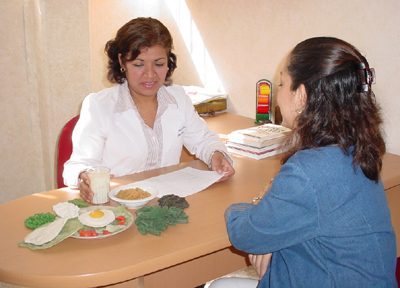 The very name of the concept that we analyze provides a clear idea about its meaning, since a comprehensive reading is, in short, the action of reading accompanied by a correct interpretation. For this reason, the concept of reading comprehension is sometimes used in pedagogical terminology.
The very name of the concept that we analyze provides a clear idea about its meaning, since a comprehensive reading is, in short, the action of reading accompanied by a correct interpretation. For this reason, the concept of reading comprehension is sometimes used in pedagogical terminology.
What does reading entail?
We all know what reading means, because it is nothing more than interpreting some words properly. In other words, reading implies knowledge of the rudiments of language. We learn to read at approximately six years of age and during the school stage we gradually perfect this technique. Most people can read, but not everyone is able to adequately understand what they are reading. This apparent contradiction creates a problem in the educational field and in society as a whole.
Comprehensive reading, an educational and social problem
Pedagogues, teachers and professors often comment that there are reading comprehension problems among students. In this way, schoolchildren can read, have an approximate idea of the content of a text but do not assimilate a part of the reading (words they do not know, ignore the use of double meaning or figurative meaning, turns of language that they do not master or expressions educated they do not understand). The total lack of understanding of a text is, indisputably, an educational problem.
Experts in pedagogical issues consider that poor comprehensive reading is due to various factors: the predominance of the image over the written word, the simplification of language in the context of new technologies or the reduced reading habits in society. In short, there is an educational and social problem with respect to comprehensive reading and solutions must be put in place.
Possible solutions to the problem
 There is no definitive recipe to solve this phenomenon. However, some recommendations may be helpful. If a student has insufficient reading comprehension, it is possible to adopt some strategies:
There is no definitive recipe to solve this phenomenon. However, some recommendations may be helpful. If a student has insufficient reading comprehension, it is possible to adopt some strategies:
1) consult the dictionary when the meaning of a word is not known,
2) approach reading as something playful and that can be fun,
3) encourage reading as a means to better understand the reality that surrounds us (if a student does not understand what he reads, he will have problems as an adult),
3) Recommend attractive books for schoolchildren and
4) stimulate the student to overcome difficulties in the learning process (what is not understood at first can be understood without too much effort).
Photos: iStock - andresr / Christopher Futcher









